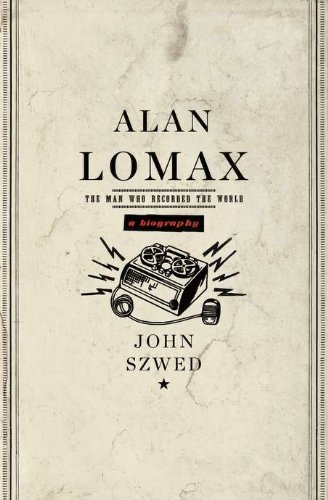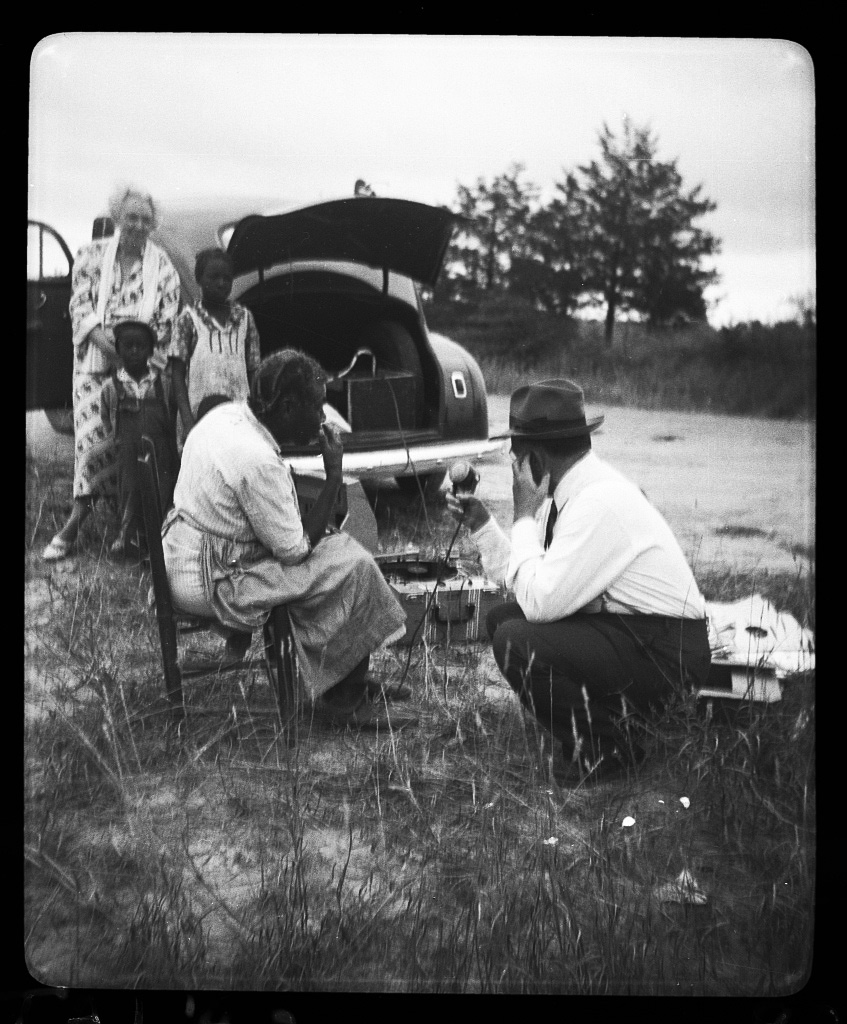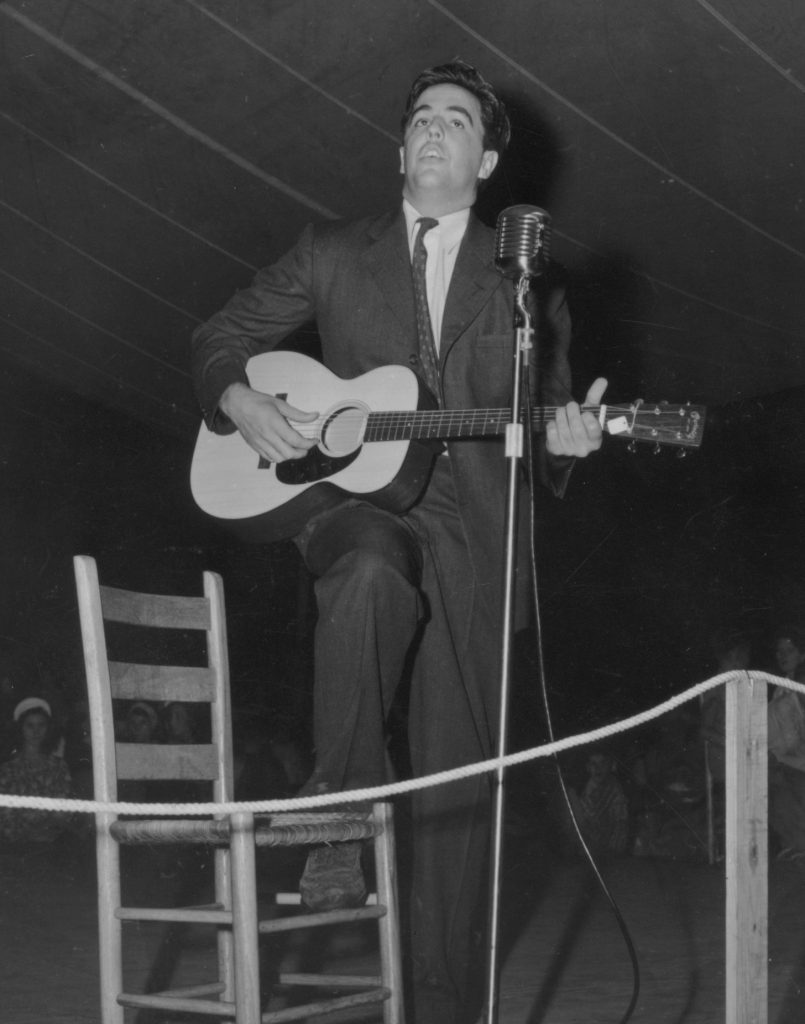The Man Who Recorded The World


More from ye archives. This one’s a biog’. Szwed has also written about Sun Ra, Miles (I’ve read that one, as well) and Billie Holiday.
Alan Lomax lead a manically busy life, and he did so on the margins of academia and popular culture, carving out his own path, and forging his own ideas along the way.
A collector, recorder, performer, promoter and general svengali, he was best known as a ‘folklorist’, travelling first America and then the world, recording (and also filming and photographing) first music, and then also dance and speech.
In Alan Lomax, The Man Who Recorded The World, academic music historian John Szwed tells his fascinating story.

As I’ve found with many stories concerning a passion for musical culture, it’s the early chapters that sizzle with energy and excitement – a time of discovery and optimism – with later chapters tending, by comparison, to fizzle somewhat, with a melancholy sense of youthful enthusiasms being blunted, over time, by the world’s indifference.
Lomax, like many of his subjects, is in danger of disappearing in the maelstrom of our commercially lead culture. I share Lomax’s views that ‘art emerges from deeply encoded but virtually nonconscious behaviour’.
I also share Szwed’s view that Lomax’s influence and legacy are massive, if often unknown or unacknowledged. I know that a lot of stuff I like, in culture as a whole, and musical culture more particularly, is, in various ways, related to his passions, echoes of which can be encountered in all manner of places, both obvious and obscure (from the soundtrack of Oh, Brother, Where Art Thou, to Joni Mitchell’s use of Burundi drumming in her song ‘The Jungle Line’).
This book was a fascinating read, and very hard to put down. It leaves me wanting to access as much of Lomax’s legacy as I can, in particular the films he made about folksy music scenes in America, and enrich myself via access to his ideas, enthusiasm, and the huge archives he compiled.

Much of his enormous body of work – from records and films, to books and compilations of songs, etc. – is out of print. But some of it can be found, via such resources as the Association For Cultural Equity, on labels like Rounder Records, and even on YouTube.
I’ve already watched some of his American Patchwork films, such as Appalachian Journey, and found them fascinating and enjoyable. So I’ll be seeking out more in due course.
Szwed’s book on Lomax is both a testimony to the man’s manic energy, and wide-ranging interests, and a fascinating account of a modern maverick. Highly recommended.
Above is Appalachian Journey, from a 1991 series called American Patchwork.
PS – Lomax’s archives are huge, and legendary. Some have found their way into institutions, but most haven’t. Here’s an interesting link to an NPR (National Public Radio, the US equivalent of BBC Radio) article about how a load of his archives are being made available to the public:
